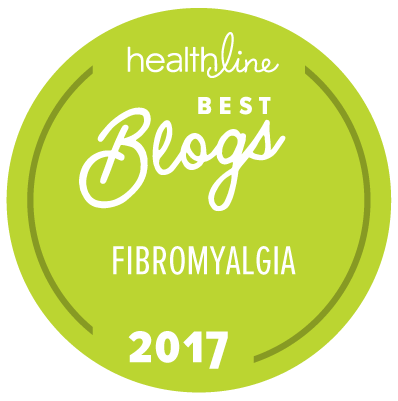Flight or fight.
It feels good.
Until your body gives
out.
Scientists are finding
out that exposure to chronic stress affects, and causes damage, to the
hippocampus region of the brain. The researchers are also exploring the role of
the hippocampus in regards to pain perception in people that have Fibromyalgia.
When your body perceives
a threat the nervous system responds by sending hormones into the body.
These hormones put your body on alert. Muscles tighten, the heart beats
faster, all your senses become sharper, blood pressure rises and you breathe a
little faster. It is your body’s way of protecting you. It can help you rise to
challenges and can keep you alert.
It puts you in survival
mode.
Chronic stress is different
from the "flight or fight" syndrome that the body produces when it
experiences acute stress. Chronic stress can change the way the body functions
because the body feels like it is constantly under stress. Stress hormones are
released into the body at an unprecedented rate. For example, the heart is more
susceptible to disease when an excessive amount of cortisol and adrenaline are
released into the body. Brain function is also thought to be compromised;
learning and memory can be affected. The immune system, suffering under an
onslaught of these hormones, is suppressed. It's overworked and then it does
not respond well. You are at risk because your body isn’t able to fight off
diseases at an optimum level and then when you get sick it’s harder to recover.
Cortisol is produced in
the adrenal cortex is the adrenal gland. It regulates blood pressure. It
regulates glucose metabolism, immune function and inflammatory response. In
small amounts it can heighten memory functions, lower your sensitivity to pain,
helps maintain homeostasis (internal equilibrium) in the body and can give you
a quick burst of energy. To turn it off, however, the body must switch on the
relaxation response. If you don't switch it off, i.e. relax, the body doesn't
have an opportunity to return to normal.
When the stress that
you're under is greater than your body is able to tolerate, you are at risk of
a stress related disorder.
The body doesn't
differentiate between physical or emotional stress. Stress is stress. When you
keep yourself in stress mode the body has a harder time shutting off the
switch. When you think you thrive on stress and get the high from the stress
that ultra Type A personality puts it under; think again.
If long-term stress can
rewire the brain, I must be severely rewired. Stress can creep up on you
and before you know it our old friend stress feels warm and fuzzy. It feels
normal and very familiar. You get used to it. It's sneaky. The price you pay
for that familiar, over-achieving, perfectionist feeling is a heavy toll on
your body.
What kind of toll?
The negative effects can
impair your memory, lower the function of your thyroid, give you blood sugar
issues, decrease in bone density and muscle tissue. It disables your immune
system so you can quite possibly have a big bulls-eye on your back for germs in the
environment.
You don't sleep right,
you don't eat right, you don't relax right and you think you're cruising
through life: until...............until your body says, “enough.”
Insomnia, anxiety,
depression, illnesses, heart problems, autoimmune illnesses or worse.
Each of these illnesses
has its own problems and when put all together you're on a merry-go-round and getting off of that merry go round isn't easy.
Make no mistake.
Stress can kill.
Put this together will a
central nervous system dysfunction that researchers are finding in Fibromyalgia
patients and you have a recipe for disaster.
I always loved high
stress positions.
I loved being a Type A squared.
I thought I was
invincible.
I was wrong.









